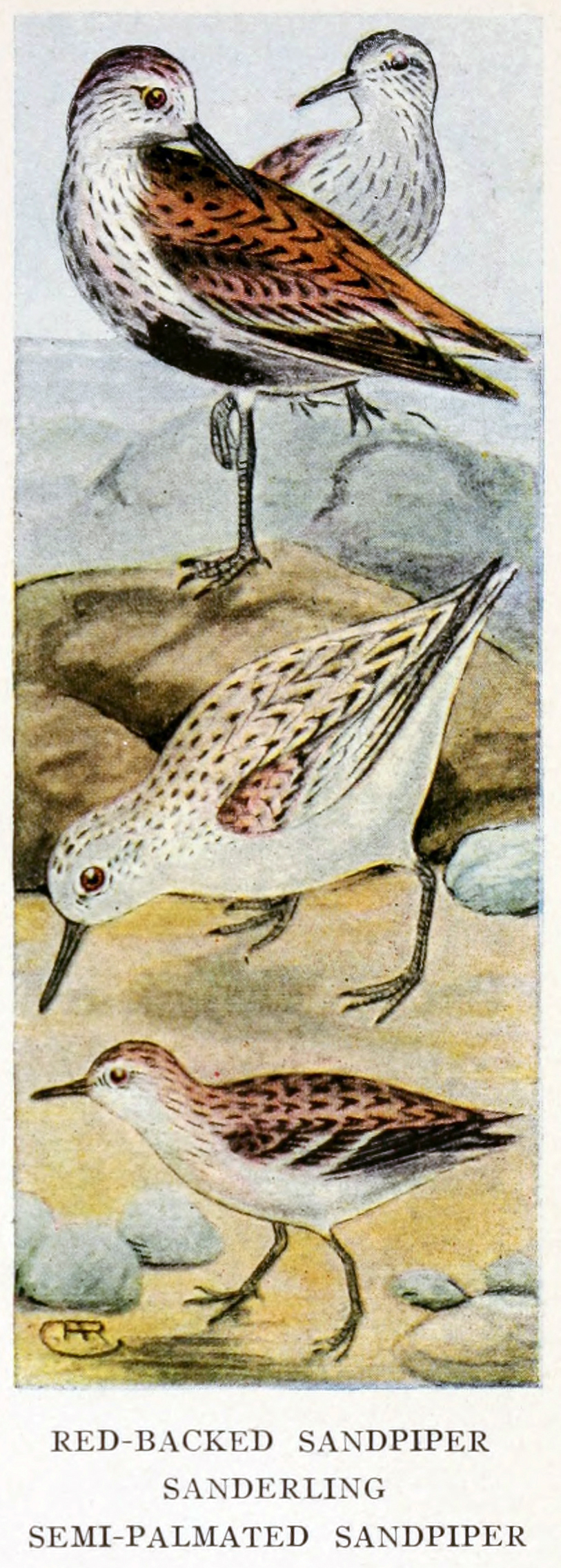
American Game Birds
Illustrating More Than One Hundred Species In Natural Colors
By Chester A. Reed
Page 35
 |
 |
|
|
|
Book Navigation
Title Page
Introduction
Table of Contents
Page 7
Page 8
Page 9
Page 10
Page 11
Page 12
Page 13
Page 14
Page 15
Page 16
Page 17
Page 18
Page 19
Page 20
Page 21
Page 22
Page 23
Page 24
Page 25
Page 26
Page 27
Page 28
Page 29
Page 30
Page 31
Page 32
Page 33
Page 34
Page 35
Page 36
Page 37
Page 38
Page 39
Page 40
Page 41
Page 42
Page 43
Page 44
Page 45
Page 46
Page 47
Page 48
Page 49
Page 50
Page 51
Page 52
Page 53
Page 54
Index
Additional Works by the Author
-
Site Navigation
 Home
Home What's New
What's New Bible
Bible Photos
Photos Hiking
Hiking E-Books
E-Books Genealogy
Genealogy Profile
Free Plug-ins You May Need
Profile
Free Plug-ins You May Need
 Get Java
Get Java.png) Get Flash
Get Flash Get 7-Zip
Get 7-Zip Get Acrobat Reader
Get Acrobat Reader Get TheWORD
Get TheWORD
